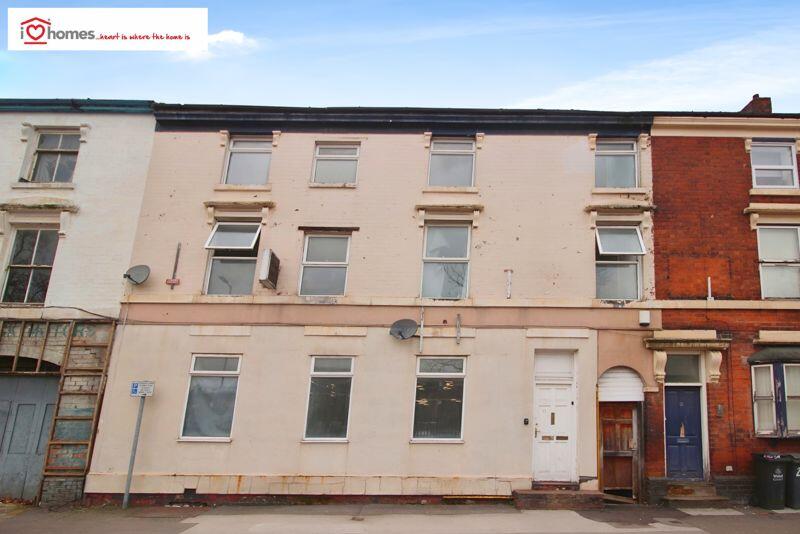October 21, 2025
UK Landlords Turn Asylum Housing Into 'Passive Income'—But Is It Ethical?

In the ever-evolving landscape of UK property investment, a controversial trend is emerging where landlords are significantly profiting from housing asylum seekers. Platforms like TikTok and YouTube are awash with landlords, such as Luigi Newton and Paul Carroll, flaunting their wealth accrued by leasing properties to Home Office contractors like Serco and Clearsprings. These properties, often Houses in Multiple Occupation (HMOs), provide a "guaranteed" taxpayer-funded income by accommodating asylum seekers who are awaiting the resolution of their legal status.
The model is straightforward: landlords lease their properties to government contractors under the Asylum Accommodation and Support Services Contract (AASC), ensuring a fixed income for years without the usual landlord headaches of maintenance and tenant management. This arrangement is depicted online as a hassle-free, lucrative investment strategy, often portrayed alongside images of luxury living, sparking debates about the morality of profiting from a system designed to serve the vulnerable.
Critically, the system's legality is not in question. The government's strategy aims to reduce the high costs associated with the use of hotels for asylum accommodation. However, the ethical implications are immense. Public figures and campaigners express concern over the portrayal of asylum seekers in derogatory terms and the overt commercial gain from public funds meant for humanitarian assistance.
Moreover, the model is not without risks. Compliance with housing regulations, including HMO licensing and safety standards, remains a stringent requirement. Landlords face substantial fines and legal action if they fail to meet these standards, despite the passive income claims.
The financial setup of these arrangements is also under scrutiny. While landlords like Carroll boast about transforming properties into high-yield HMOs, the actual cost to the taxpayer is substantial. The UK government's expenditure on asylum housing contracts is projected to hit around £15.3 billion over the next decade. This massive outlay raises questions about the value for money of these contracts, especially when juxtaposed with the reported living conditions within some of these accommodations—issues of damp, mould, and general neglect are not uncommon.
This situation paints a complex picture of a profitable niche in property investment, situated within a broader discourse on immigration, public expenditure, and housing ethics. For potential investors, especially from the US, the UK's use of private landlords for asylum housing offers a glimpse into the lucrative, albeit controversial, interplay between government policy and private enterprise.